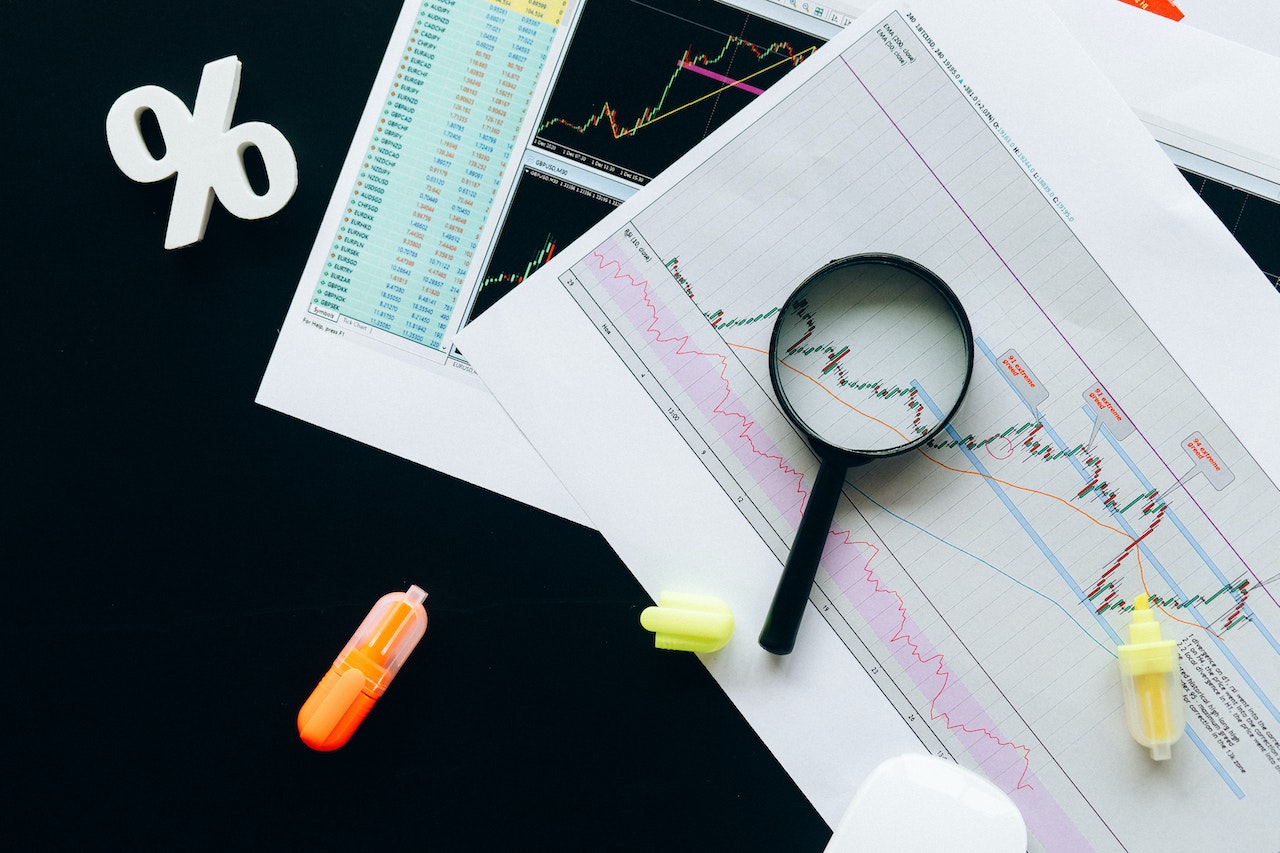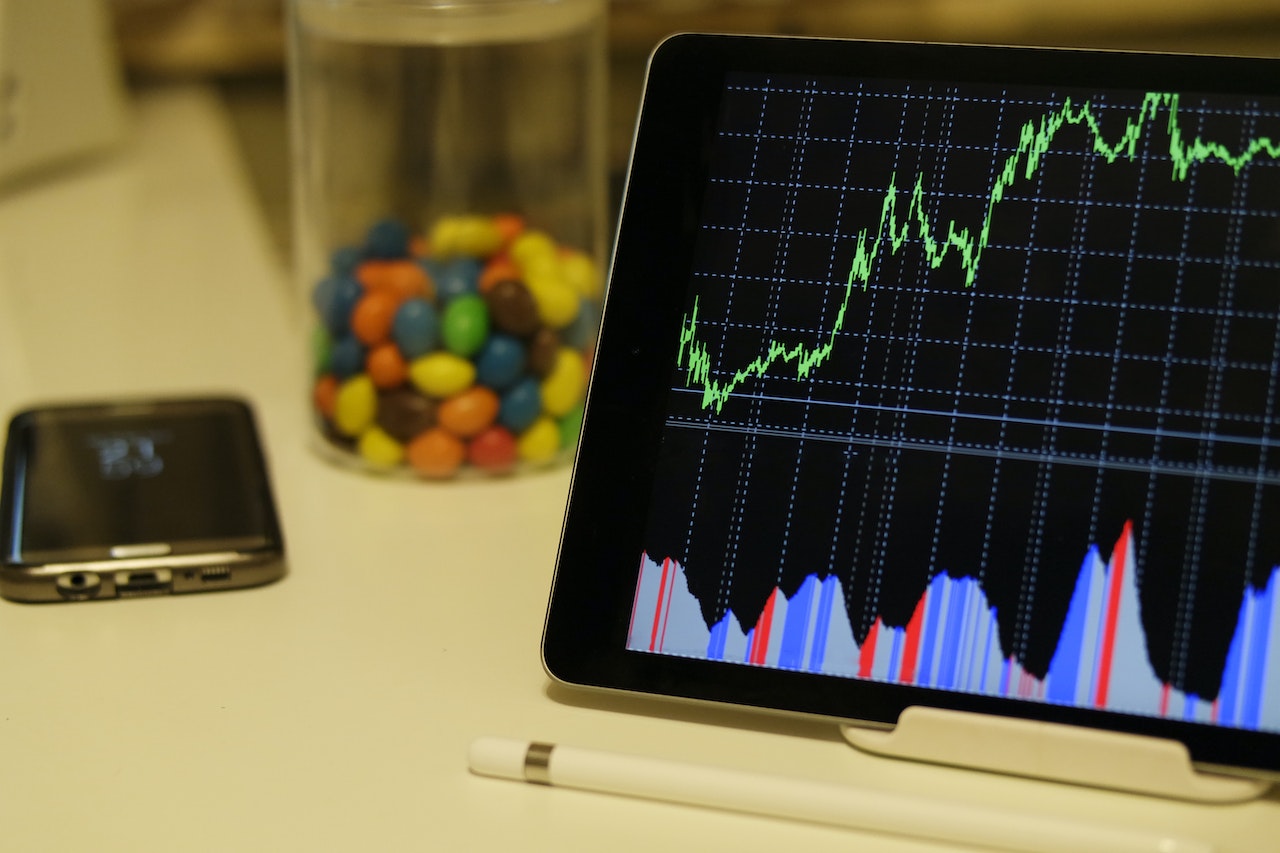Making money on Forex is not as difficult as you may think. In fact, with the right education and a bit of practice, anyone can do it! In this article, we will answer some common questions about Forex trading and provide some useful tips to help you get started. So, whether you are a complete beginner or have some experience in the market, read on for everything you need to know about how to make money on Forex!
What is Forex trading?
In short, Forex trading is the act of buying and selling currencies in the foreign exchange market. The foreign exchange market is a global, decentralized marketplace where financial institutions and businesses can trade currencies. It is the largest and most liquid market in the world, with an average daily turnover of $ trillion.
What are the benefits of Forex trading?
There are many benefits to trading Forex, including:
– 24-hour market: The Forex market is open 24 hours a day, five days a week (from Sunday evening to Friday evening GMT). This means that you can trade whenever it suits you!
– Leverage: In Forex trading, leverage allows you to control a larger amount of money than you have in your account. This can help you to make bigger profits – but it also comes with risks (more on this later).
– Low costs: There are no commissions or fees in Forex trading. You only need to pay the spread, which is the difference between the buy and sell price of a currency pair.
– Access to global markets: The Forex market is global, so you can trade currency pairs from all over the world.
What do I need to start Forex trading?
All you need to start Forex trading is a computer or mobile device with an internet connection and a broker account. A broker is a company that provides access to the market and allows you to place trades.
How do I make money on Forex?
When you trade Forex, you speculate on the price movements of currency pairs. If you think the price of a currency pair will rise, you can buy it (go long). Alternatively, if you think the price will fall, you can sell it (go short). If your speculation is correct and the price moves in the direction you predicted, you will make a profit!
What are the risks of Forex trading?
All investments carry risk, and Forex trading is no different. The biggest risks in Forex trading are leverage and market volatility. Leverage allows you to control a large amount of money with a small amount of capital, but it also amplifies your losses if the market moves against you. Market volatility is the fluctuations in prices that happen in the market. These can be caused by political or economic events, natural disasters, or even just rumors!





